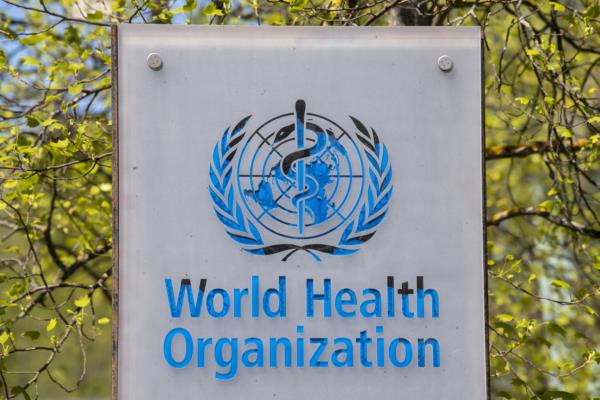
The World Health Organization (WHO) has issued a warning regarding the high risk of cholera spreading in Lebanon, following the detection of a case of the deadly disease in the country's northern region. The WHO representative in Lebanon expressed concerns about the deteriorating water and sanitation conditions, particularly for refugees and in high-risk areas, which have heightened the risk of a cholera outbreak.
Lebanon experienced its first cholera outbreak in three decades between 2022 and 2023, primarily affecting the northern part of the country. With over a million people displaced due to the Israel-Hezbollah war, there is a significant concern for communities in southern Lebanon and Beirut that have not developed immunity to cholera over the years.



The Ministry of Public Health in Lebanon has activated emergency protocols to enhance surveillance and contact tracing following the detection of the cholera case. In August, a cholera vaccination campaign targeting 350,000 individuals in high-risk areas was launched by the ministry but was disrupted due to escalating violence in the region.
Cholera, a disease transmitted through contaminated water and food, can lead to severe diarrhea and dehydration. Individuals residing in areas with limited access to safe drinking water and inadequate sanitation are particularly vulnerable to the disease, which can be contracted by consuming food or water contaminated with bacteria.







